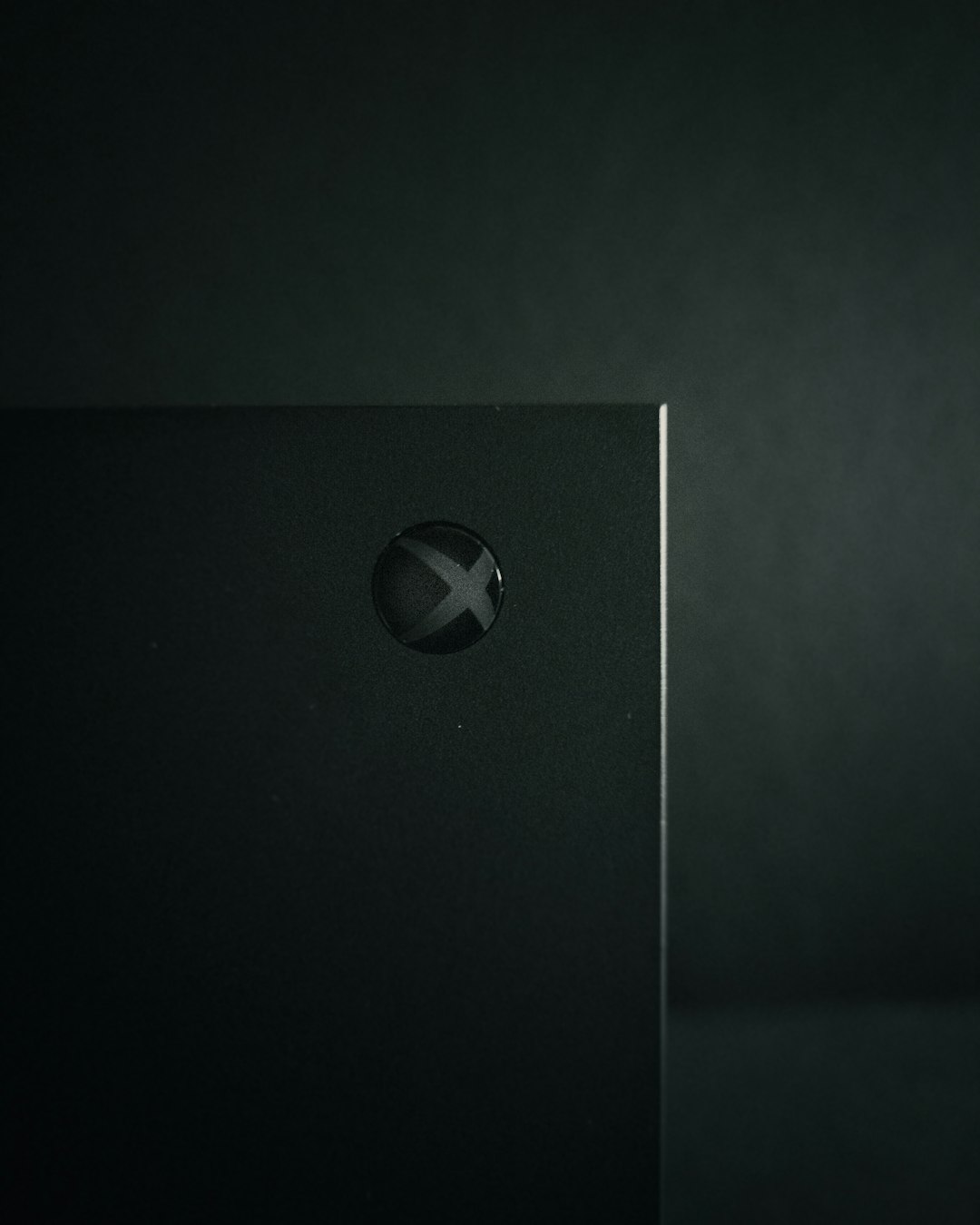Recent rumors circulating online have sparked concern among gamers and industry watchers alike: is Xbox going out of business? As speculation gains traction, it’s important to separate sensational headlines from the current reality of Microsoft’s gaming division. In this article, we take a serious and comprehensive look at what’s truly happening behind the scenes at Xbox—and what it means for the future of the platform.
Understanding the Root of the Rumors
Talk of Xbox shutting down intensified after Microsoft’s recent strategic decisions that included shutting down several Bethesda subsidiaries like Tango Gameworks and Arkane Austin. These closures raised eyebrows, particularly after some of the affected studios had released critically acclaimed titles. For many, it seemed like part of a larger collapse happening within the Xbox brand. However, a broader look shows that this is far from the full story.
A Shift in Strategy, Not a Shutdown
While layoffs and studio closures are never good news, they don’t necessarily indicate that the entire Xbox brand is failing. Instead, Microsoft appears to be restructuring its gaming division to focus more on high-performing studios and cross-platform experiences. According to Phil Spencer, head of Xbox, the goal is to ensure long-term sustainability and keep pace with a rapidly evolving gaming landscape.

The Bigger Picture: Cloud Gaming and Game Pass
Rather than walking away from the industry, Microsoft is in fact doubling down—just not in the traditional sense. The company has been investing heavily in its cloud gaming infrastructure and services like Xbox Game Pass. These platforms aim to make Xbox’s ecosystem accessible anywhere, anytime, regardless of physical hardware.
Some of Microsoft’s key gaming innovations include:
- Xbox Game Pass – With over 25 million subscribers as of last report, Game Pass continues to be a cornerstone of Microsoft’s gaming strategy.
- Cloud Gaming (xCloud) – The ability to stream console games to mobile devices, PCs, or smart TVs is Microsoft’s bet on the future of gaming.
- Cross-platform integration – Xbox now focuses on expanding its reach, releasing titles not just for Xbox consoles but also for PC and even rival platforms in some cases.
Xbox Hardware: Still Alive and Well
Despite speculation, Xbox hardware remains part of Microsoft’s plan. The Xbox Series X|S consoles continue to receive software updates, new titles, and service support. While hardware sales numbers may not yet rival Sony’s PlayStation 5, the value-driven approach of Xbox, especially with Game Pass compatibility, continues to attract new users.
Additionally, rumors of new hardware development are already circulating, indicating that Microsoft has not abandoned its console line.

What Industry Experts Are Saying
Industry analysts suggest that Microsoft’s moves are part of a larger pivot toward platform-agnostic ecosystems. They argue that cloud gaming and subscription-based models are the futurist’s route for the industry. Rather than resisting the shift away from physical hardware, Xbox is attempting to lead the way.
“We’re seeing a transformation in how gaming is delivered and consumed,” says gaming analyst Rachel Thompson. “Xbox isn’t disappearing—it’s evolving.”
Community Response and Brand Perception
Inevitably, mixed signals and drastic changes have impacted Xbox’s public image. Some consumers are concerned about losing exclusive content and beloved studios. Others, however, welcome the broader accessibility and innovation Xbox is ushering in.
Microsoft will need to continue fostering trust and clarity for its fanbase, especially as competing platforms focus on high-profile exclusive titles and traditional console-centric approaches.
The Bottom Line
No, Xbox is not going out of business. What we’re witnessing is not the demise of the brand, but rather a calculated evolution aimed at future-proofing Microsoft’s position in gaming. Layoffs and studio closures are unfortunate realities in a competitive market, but they are part of a broader realignment strategy—not an obituary for Xbox.
Gamers can expect more cross-platform titles, continued expansions to Game Pass, and new hardware innovations—all signs that Xbox is actively laying the groundwork for its next generation.
While the road ahead may differ from what traditionalists expect, Xbox appears committed to not only surviving but thriving in the gaming world of tomorrow.
